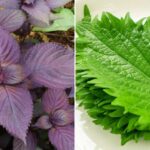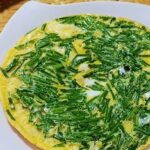Harvard Medical School and numerous international nutrition experts confirm: your diet is the key to controlling the aging process. An anti-aging diet, recognized in 50 countries, focuses on superfoods that slow cellular aging, balance hormones, and boost metabolism as effectively as in your 20s.
Anti-Aging Foods Endorsed by 50 Doctors
1. The Mediterranean Diet
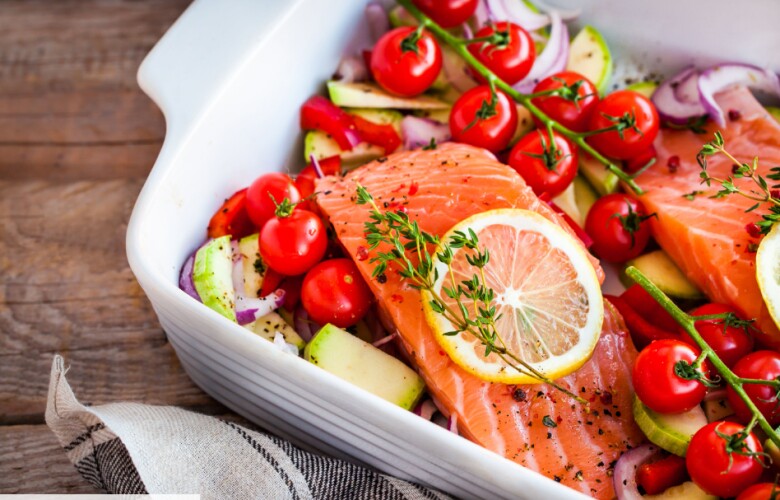
Recognized by Harvard Medical School and global nutrition experts, the Mediterranean diet is one of the most effective anti-aging methods. It prioritizes natural, whole, minimally processed foods, harmoniously combining vegetables, fruits, whole grains, legumes, nuts, and olive oil.
High-quality fats from olive oil and nuts stabilize hormones and protect cell membranes. Whole grains and legumes like quinoa or hummus maintain stable blood sugar levels, limiting fluctuations that accelerate aging.
Another star of this diet is extra virgin olive oil, rich in polyphenols and monounsaturated fats, which inhibit inflammation. To preserve its nutrients, use olive oil at low temperatures instead of high-heat frying.
Deep-sea fish like salmon, mackerel, and sardines provide abundant omega-3s, repairing cellular damage, nourishing the brain, and protecting cardiovascular health.
Other anti-aging nutrients include: lycopene in tomatoes and red bell peppers, which boost collagen production; phytoestrogens in legumes, balancing hormones and enhancing skin health; and avocados, rich in essential lipids, creating a natural barrier for smooth, wrinkle-free skin.
2. Japanese Cuisine – The Anti-Aging Trio: Natto, Sweet Potatoes, and Matcha
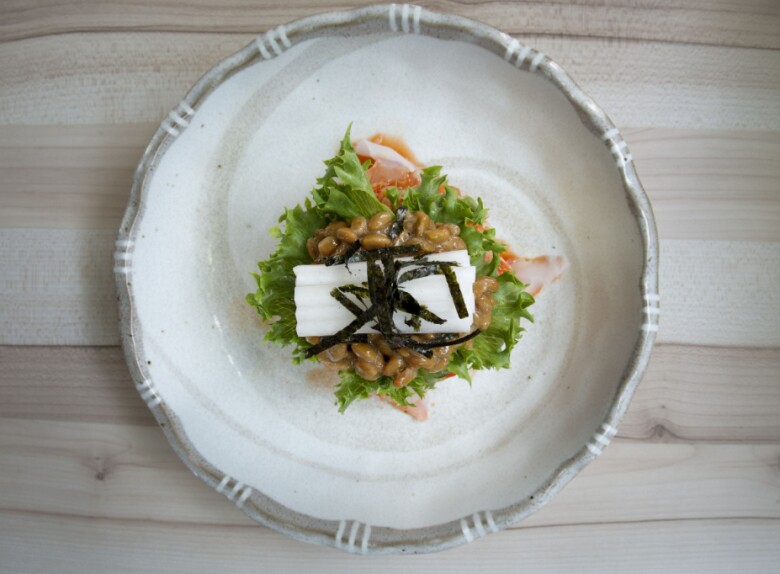
While the Mediterranean boasts olive oil and deep-sea fish, Japan offers its anti-aging trio: natto, sweet potatoes, and matcha.
Natto, a fermented soybean dish with a distinct flavor, is rich in mucin and enzymes. These nutrients boost metabolism, improve blood circulation, and promote smooth, elastic skin. Paired with sweet potatoes, rich in natural mucilage, their effects double: hydrating, preventing dryness, and combating aging.
Matcha is Japan’s “secret weapon.” Compared to regular green tea, matcha contains significantly higher levels of antioxidants, active enzymes, and catechins. It neutralizes free radicals, reduces inflammation, and slows cellular aging.
Additionally, matcha enhances metabolism, regulates blood sugar, prevents fat accumulation, and supports weight loss, contributing to overall youthfulness and health.
3. Anthocyanin-Rich Foods
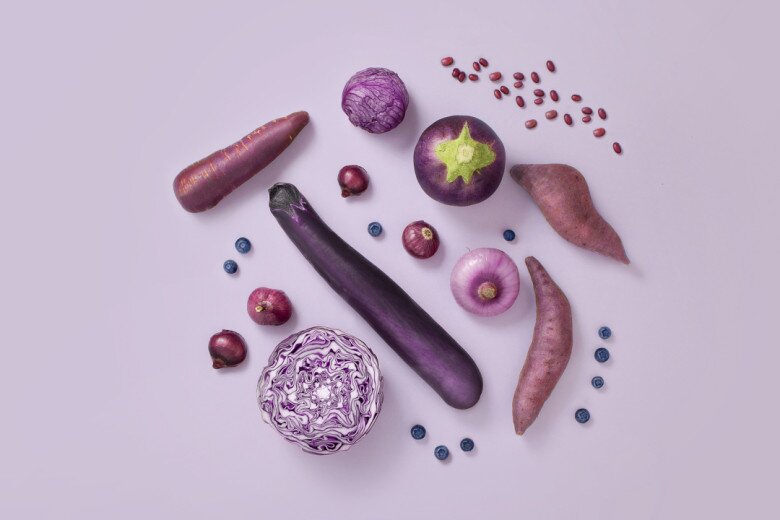
In the antioxidant world, anthocyanin shines for its ability to neutralize oxidative stress and boost cellular resilience five times more than many other compounds. It’s a cornerstone of any anti-aging diet.
Anthocyanin is abundant in familiar foods:
– Blueberries are high in phenols, protecting cells from damage and enhancing overall health.
– Purple sweet potatoes, rich in natural pigments and fiber, stabilize blood sugar, reduce inflammation, and sustain energy.
– Purple cabbage combines anthocyanin and vitamin C, promoting collagen production and strengthening the immune system.
Dark chocolate is another anti-aging contender. With polyphenols and flavonoids, it protects blood vessels, reduces cellular damage, and slows aging. However, caution is needed: chocolate below 70% cacao often contains sugar, causing glycation—a factor in wrinkles. Opt for 75% cacao or higher.
4. Beverages with Tannic Acid and Resveratrol

Daily beverages also hold anti-aging secrets. Light-roast coffee and green tea are top choices, rich in tannins and natural enzymes. These neutralize free radicals, reduce cellular oxidation, and enhance recovery.
Interestingly, light-roast coffee outperforms dark-roast. Retaining more active compounds, it protects blood vessels, supports circulation, and stabilizes the nervous system, while providing essential alertness.
Green tea, with its high catechin content, is an antioxidant powerhouse. When consumed correctly and in moderation, it slows skin aging and boosts metabolism, supporting long-term health and fitness.
5. Spices
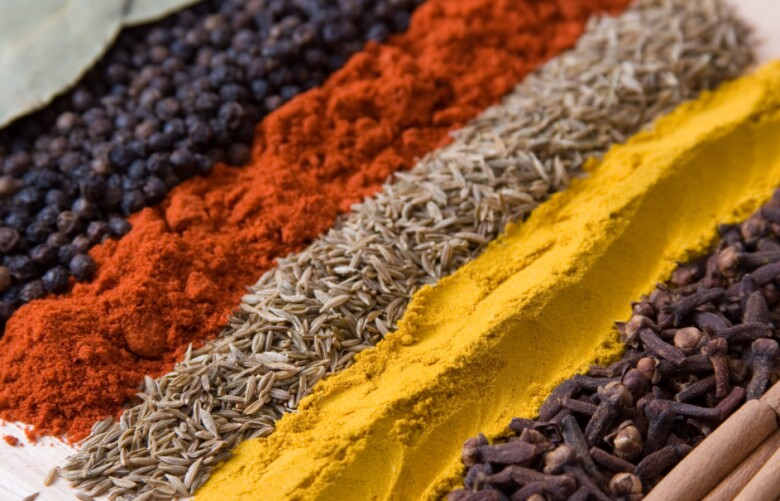
Everyday spices are packed with antioxidants, slowing aging and improving overall health. Turmeric, black pepper, and cinnamon lead the way.
Turmeric brightens skin with its anti-inflammatory and antioxidant properties, thanks to curcumin. Combined with piperine in black pepper, curcumin’s absorption increases significantly.
Cinnamon stabilizes blood sugar, enhances metabolism, and controls weight. Maintaining stable blood sugar benefits cardiovascular health and youthful skin, reducing premature wrinkles.
Saffron, a pricey but valuable spice, is another standout. Rich in crocin and natural pigments, it detoxifies, reduces free radical damage, improves circulation, and repairs cells. Crocin also enhances mood, balances emotions, and reduces stress, particularly for middle-aged women.
What is the Mediterranean Diet? Benefits and How to Follow It.
The Mediterranean diet is renowned for its health benefits, associated with reduced mortality rates in those with chronic illnesses. But what exactly is this diet, and what makes it so effective? Let’s delve into the secrets of this renowned dietary approach and uncover why it has gained such a positive reputation.
























